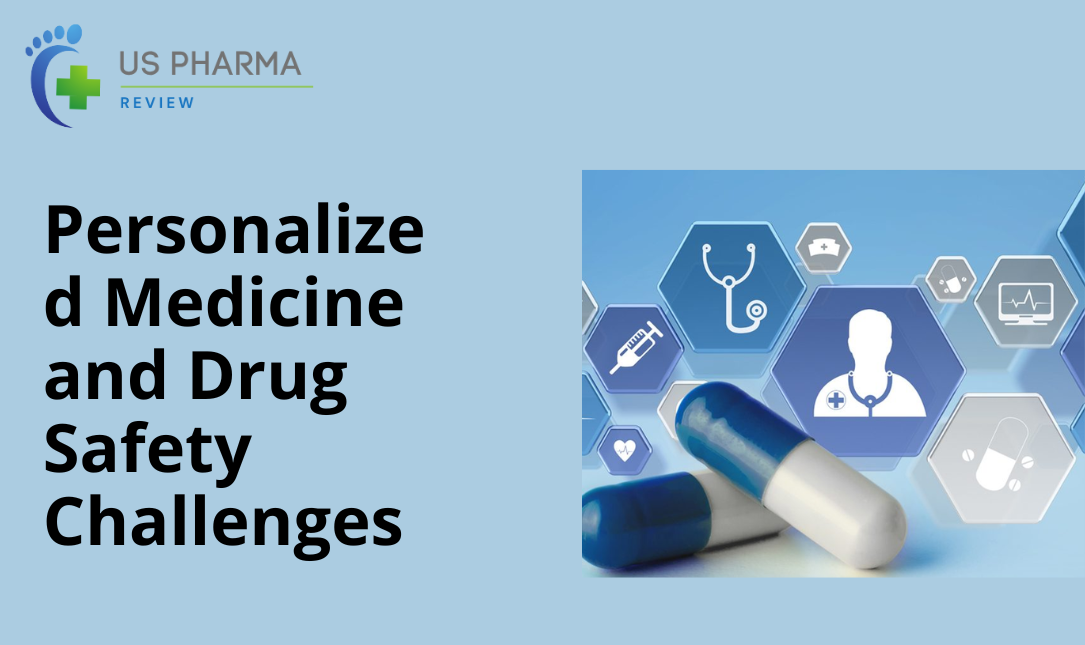Travel Tips
Lorem ipsum dolor sit amet, consectetur adipiscing elit.

The rise of personalized medicine represents a transformative era in healthcare, promising treatments tailored to individual genetic, environmental, and lifestyle factors. While this approach offers significant therapeutic benefits, it also brings complex Drug Safety challenges that demand careful attention. Ensuring patient-specific safety has become a cornerstone of modern pharmaceutical practice, requiring innovative monitoring strategies and regulatory oversight.
Personalized medicine—also referred to as precision medicine—customizes treatment strategies to a patient’s unique biological profile. Unlike traditional “one-size-fits-all” approaches, personalized therapies aim to maximize efficacy while minimizing potential adverse effects. However, this individualized approach introduces nuanced safety concerns. Clinicians must balance the promise of targeted therapy with the precision therapy risks inherent in treating patients with highly specific pharmacological interventions.
One of the primary Drug Safety challenges in personalized medicine is the need for individualized adverse reaction monitoring. Traditional clinical trials often evaluate drugs in large, relatively homogeneous populations, but personalized therapies may affect subpopulations differently. Unanticipated adverse reactions may emerge when a drug interacts with unique genetic or metabolic profiles, requiring clinicians to implement robust monitoring systems to detect early safety signals.
Genetic differences can significantly influence how patients metabolize medications. Polymorphisms in enzymes responsible for drug metabolism may result in unpredictable responses, including toxicity or diminished efficacy. Addressing these variations is critical for personalized medicine safety, as failure to account for them can compromise Drug Safety and patient outcomes.
Patients receiving personalized medicine often have complex treatment regimens. Precision therapy risks increase when multiple drugs interact in unexpected ways, creating a heightened potential for adverse effects. Clinicians must remain vigilant in evaluating drug combinations and adjusting dosages to maintain patient-specific safety.
Effective individualized adverse reaction monitoring relies on extensive patient data, including genetic, clinical, and lifestyle information. Protecting this data while leveraging it for Drug Safety insights presents both ethical and technical challenges. Healthcare providers must implement stringent data protection measures without compromising the ability to detect potential safety issues.
Modern pharmacovigilance tools utilize artificial intelligence and machine learning to track patient responses to personalized treatments. These systems enable real-time identification of adverse reactions, supporting personalized medicine safety initiatives.
Incorporating genomic and biomarker data into therapeutic planning allows clinicians to anticipate precision therapy risks. By predicting which patients are more likely to experience adverse effects, healthcare teams can tailor monitoring protocols and dosing regimens to enhance patient-specific safety.
Healthcare professionals must stay current with evolving knowledge about personalized therapies and associated Drug Safety concerns. Continuous education ensures clinicians can identify risks early and implement best practices for monitoring adverse reactions.
Regulatory agencies are increasingly developing frameworks specific to personalized medicine. These guidelines emphasize individualized adverse reaction monitoring and robust reporting mechanisms, reinforcing Drug Safety throughout the treatment lifecycle.
As personalized medicine advances, innovative approaches to Drug Safety are emerging:
Predictive Analytics: AI-driven predictive models can forecast patient responses, identifying potential adverse reactions before they occur.
Wearable Technology: Devices that monitor physiological markers in real-time enhance individualized adverse reaction monitoring.
Patient Engagement: Educating patients on their therapy’s risks and signs of adverse reactions strengthens patient-specific safety initiatives.
These developments signal a future where personalized medicine not only improves therapeutic outcomes but also strengthens the overall safety of treatments.
While personalized medicine offers unprecedented opportunities for targeted therapy, it also demands rigorous attention to Drug Safety. Stakeholders—including clinicians, researchers, and regulators—must collaborate to address precision therapy risks and implement comprehensive individualized adverse reaction monitoring systems. By prioritizing personalized medicine safety, the pharmaceutical industry can ensure that patients benefit from advanced therapies without compromising their well-being.
For readers interested in broader pharmaceutical policy implications, exploring the Impact of Drug-Pricing Policy on Pharma Innovation provides insight into how economic factors intersect with drug development and safety considerations.
The integration of personalized medicine into clinical practice presents both opportunities and challenges. Optimizing Drug Safety in this context requires a multifaceted approach that incorporates patient-specific safety, precision therapy risks, and individualized adverse reaction monitoring. By leveraging technology, robust pharmacovigilance, and regulatory guidance, the healthcare industry can maximize the benefits of personalized treatments while minimizing potential harm.
As the field continues to evolve, a commitment to proactive personalized medicine safety will remain essential in ensuring that innovative therapies fulfill their promise without compromising the well-being of patients.